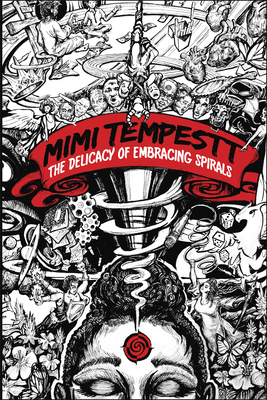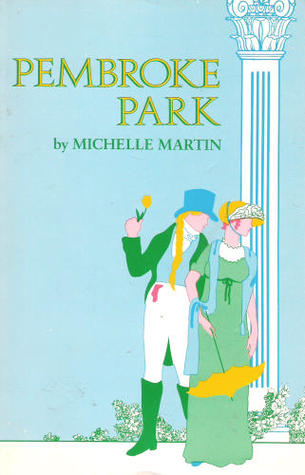
Natasha West’s 200 Hours is the kind of romcom that I would happily lead the crowdfunding effort in order to see on the screen. Set in the UK, West’s motley crew of characters evokes The Breakfast Club’s dynamic of different walks of life all thrust together. Instead of high school detention, we’re bonding over community service for minor infractions, with lots of cheeky British humor and a side of angst. Teetering somewhere in between a new adult and YA, our main characters are just out of high school, yet with more life experience than perhaps the average young adult.
West deploys some classic tropes of rich girl/poor girl with our main characters, who couldn’t be more different from each other in how they handle and view the world—the thing they happen to have in common is making bad decisions. The trope really works here because West uses it skillfully but doesn’t rely on it for everything, giving all her characters, even the side characters, lots of depth and, of course, more than a few witty one-liners.
Lola Morgan is our resident bad girl from the proverbial wrong side of the tracks with young Amy Winehouse vibes, sans the music career. From an outsider’s perspective—an outsider like the posh and somewhat naive Abby Granger who’s landed herself 200 hours of community service—Lola appears to have nothing but swagger and devil may care attitude. But as we alternate perspectives, we immediately see a ton of vulnerability and a person who may care a little too much. In taking care of her sister and mom, Lola hasn’t been taking care of herself.
As West alternates chapters switching between our two main characters, we get a good look at what makes both Abby and Lola tick, though Lola is an especially sympathetic character, in part because of her fierce protectiveness over her family, and even over perfect strangers if she feels they’re being bullied. As for Abby, who comes from money but is the poster child for “money doesn’t buy happiness,” we see plenty of growth and personal development, though she struggles and sometimes backslides in her lack of confidence. While Lola is learning to be vulnerable, Abby is learning to stand up for herself and stop letting the world dictate the terms of her life. Somewhere along the way, a friendship is forged, and romance follows.
The book ending did lean a little hard into the “we had what we were looking for all along” vibe, but that may be my one complaint. West makes up for it by giving us the most ridiculously satisfying happy ending that pulls no punches. Parents finally step up, a little justice is served, and love prevails.


